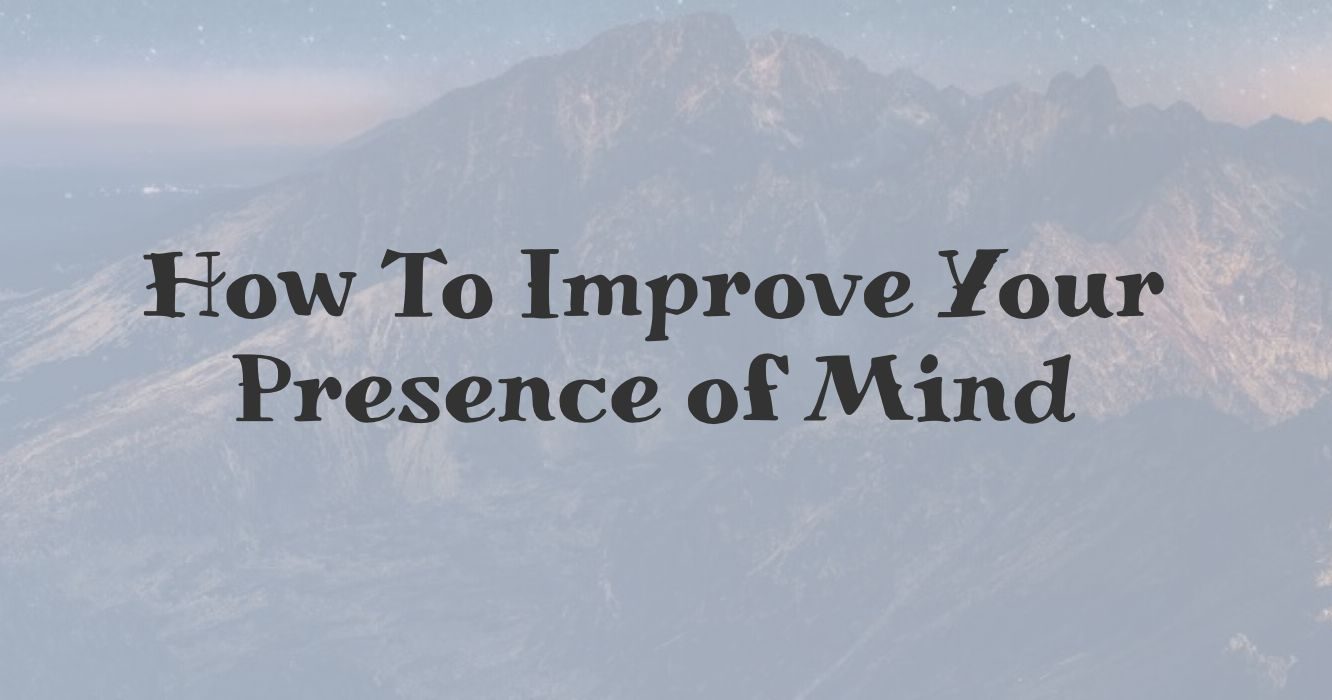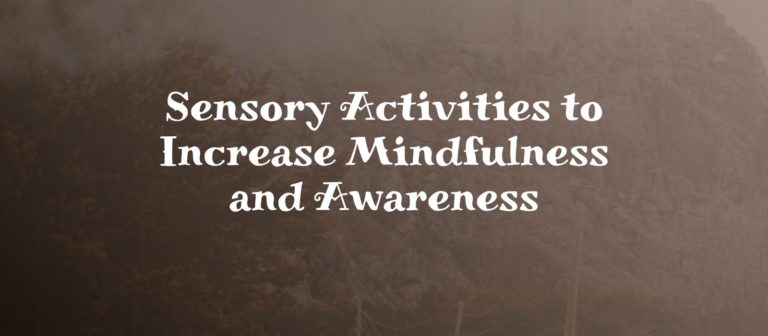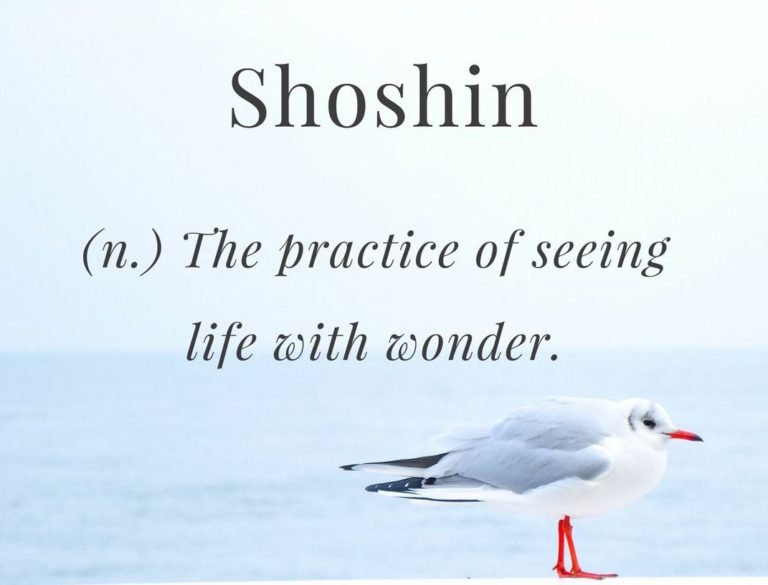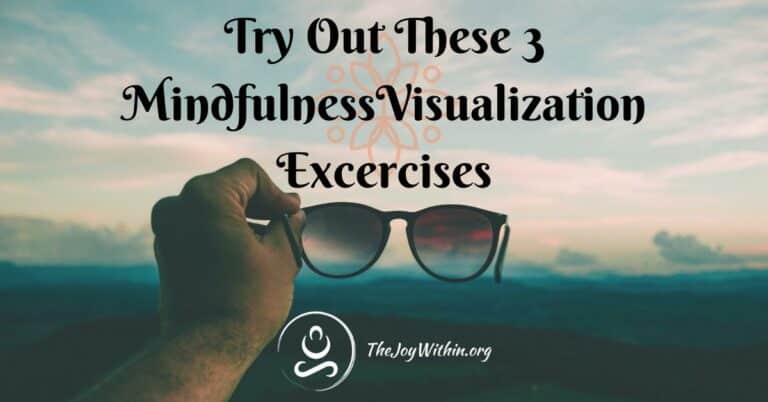If you feel negativity of any kind – whether in the form of stress and anxiety, or anger, depression, or fear – one strategy you can use to release these negative emotions is to increase your sense of presence.
In this post I’ll offer a few simple steps you can follow if you want to learn how to improve your presence of mind and begin to live a more peaceful life.
But first, let’s quickly go through what, exactly, presence is.
What Is Presence?
Presence is a state of centeredness and self-awareness.
It is the ability to become fully aware of your current thoughts, emotions, and experiences in this moment, without allowing concerns about the past or future to influence your state of mind.
Presence is very powerful, and incredibly joyful. When you are present in the current moment, you can appreciate more fully all of the beauty, joy. and prosperity that surrounds. You begin to think more clearly, and you can learn to operate from a state of calm, confident knowingness, regardless of the circumstance you are in, or the actions you must take.
Most importantly, presence is a skill. You can learn to develop presence of mind by following a few simple strategies that you apply to your daily life.

Related Post: Eckhart Tolle Explains How To Become Present In The Moment.
How To Increase Your Presence of Mind
If you want to improve presence of mind, there are a few very easy techniques you can practice. Nothing about becoming present is difficult, per se. The challenge is to remember to work with these techniques, every day.
Begin working with these exercises when you are in a calm, quiet space. Then, you can gradually begin to expand them to incorporate these ideas throughout your day.
Develop a Meditation Habit
The first strategy you can use to increase presence of mind is to develop a consistent meditation habit. Meditation helps you to center yourself into the current moment, and while there many different meditation techniques and styles you can choose from, some of the easiest meditations focus on becoming more aware of your breath.
As you develop this habit over time, you will find that you begin to feel calmer, and more able to face any situation that confronts you during the day.
Read more about finding time to learn to be, or click here to get started meditating.
Gain Control of Your Breath
In addition to meditation, another great mindfulness exercise is to learn how to gain control of your breath as you move throughout your day.
Your breath is constantly with you, which means it provides a constant opportunity to step back and focus on centering your mind. Practice noticing your breath randomly during your daily routine, whether you’re at work, at the store, or stuck in traffic. As you do, you’ll be able to pull the benefits of meditation with you into your entire day.
Learn how to do this exercise in this video: Stepping Back to Breathe.
Notice Your Senses
In addition to your breath, your sensory awareness is another great area for you to center your focus. Becoming mindful of your 5 senses will help you to release any worries or concerns you have about the past or future, and instead tune your attention to what is going on, right now.
This awareness of The Now is a core aspect of presence. Again, it isn’t difficult to do, but it is a habit that takes discipline to develop.
Check out these Mindfulness Exercises for the 5 Senses to learn more.
Appreciate The Good
Another great strategy you can use is to take a few moments every day to appreciate the good things that are already present in your life.
Appreciation and gratitude are two of the most powerful practices you can develop in order to raise your energy and become more present in the moment. As you appreciate the good things that are already happening in your life, you release resistance and attachment to negative emotions, and instead allow yourself simply to be.
Consider keeping an affirmation journal to list the positive aspects in your life, or learn how to do a rampage of appreciation to focus on the good in your life, right now.
Become Aware of Your Thoughts and Emotions
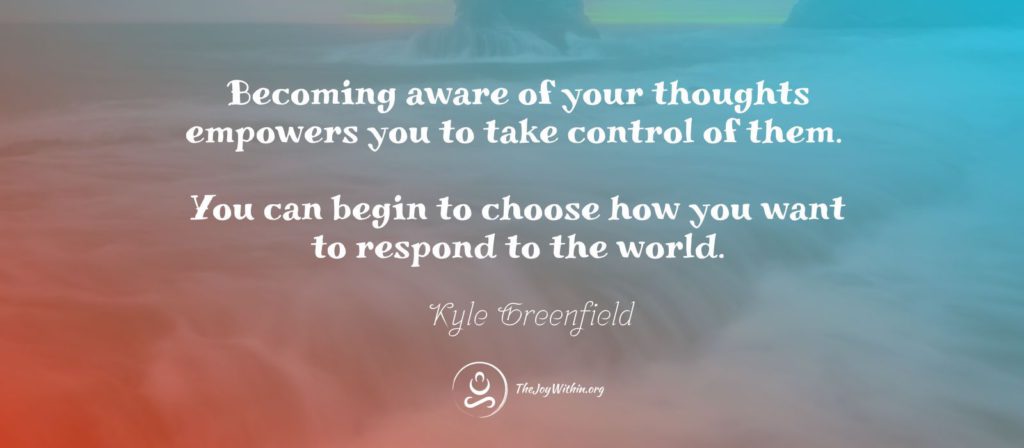
Lastly, presence is ultimately about your awareness. You can use mindfulness to increase your awareness simply by paying attention to every thought and emotion that you have.
As you start to listen to your own thoughts, you might be surprised by how much chatter your mind actually has, and how unaware you usually are of what you’re thinking and feeling. Becoming aware of your thoughts empowers you to take control of them. You can begin to choose how you want to respond to the world, rather than react blindly based on external triggers.
If you practice these 5 habits, they will help you to dramatically increase presence of mind, and begin to feel happier, more peaceful, and more fulfilled in your daily life.
To learn more, try these 10 simple practices to live a more spiritual life.
Or, explore these 5 Easy Happiness Habits that outline small changes you can make to radically boost your level of joy.

